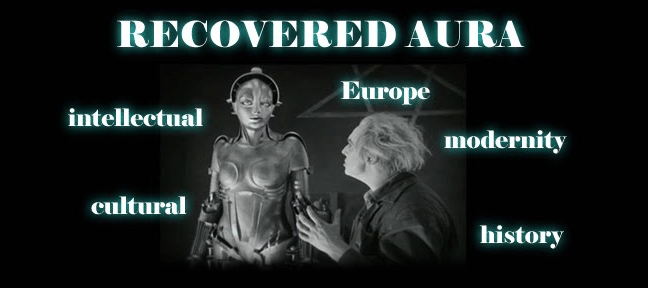Michel Foucault, “What is Enlightenment?”
If Kant’s “What is Enlightenment?” (1774) can be seen as the opening act of modern philosophical investigation, some see Foucault’s “What is Enlightenment?” (1984) as an outline for a new, post-modern project of critical investigation. So, how does Foucault characterize Kant’s text? And what does Foucault say that his new project is? (Please read through and think about all the questions, even though you need of course only to write on one of them)
1. Which part of Foucault’s tour of Kant’s “What is Enlightenment?” is most helpful and why?
2. Foucault claims that Kant’s “What is Enlightenment?” outlined “the attitude of modernity.” What does Foucault mean by that? (Find the relevant quotations but answer the question in your own words.)
3. Foucault uses a text by the French poet and critic Baudelaire (1821-1867) as his example of the “attitude of modernity.” (Here is a link to an on-line edition of Baudelaire’s text.) Which of the texts we read earlier this semester could also stand as an example of this attitude? How so?
After the discussions of Kant and Baudelaire, we come to the core of F.’s presentation: his outline of “a philosophical ethos that could be described as a permanent critique of our historical era.”
4. First, he defines this project “negatively,” telling us what this is not. Here, how does he propose we get around the “blackmail of Enlightenment”? What does that mean, anyway?
5. Next, he defines his project “positively.” What is the point of studying history here? Did Kant emphasize history? Why/why not? So is that a key difference between the two texts?
6. As Foucault describes his project—to conduct research on the technologies of power (see pg. 8 of the print out)—it will help you to know at least the basic topics of a few of Foucault’s historical books, which offer historical genealogies of the activities and words ("practices and discourses") used to control the edges of society, like the insane, prisoners, and the sexually "deviant." Some of his most famous works include Madness and Civilization: A History of Insanity in the Age of Reason; or Discipline and Punish: The Birth of the Prison; or The History of Sexuality. (Quick summaries are easily found on-line, if you're interested.) Now, how does this kind of study of history go with, or go against, Kant’s vision of what we need to do to achieve Enlightenment?
6. Simplifying a bit, Foucault suggests that Kant (and others) wanted to find a total, once-and-for-all, correct understanding of reason and the world. Does Foucault also want that? Why/why not? (Hint: see the last sentence on pg. 8 of the printout.) Is that desire for a total understanding part of the "modern" in relation to which Foucault can be called "postmodern"?
7. Freedom seems to be an essential idea here: can you see how Foucault’s idea of freedom is like or unlike that of Kant? Does Foucault’s idea of freedom reflect the fact that he’s a late-twentieth-century thinker?
............
Some questions from the brave souls of Group 11...
1. How do Foucault's ideas tie in with Kant's? If they don't, how do they differ or count against Kant?
2. What is the "great human desert"? Who is capable of journeying through it?
3. Foucault suggests that man is in an indispensable revolt against himself. What does he mean by this?
4. What does Foucault think Kant and others that previously provided insight into the question of man were missing? What did they
get wrong, if anything?
5. What is intellectual blackmail? How can one avoid it?
6. What are the limits that Foucault speaks of?
7. How does Foucault use Baudelaire's theories of modernity?
Sunday, May 2, 2010
Subscribe to:
Post Comments (Atom)

No comments:
Post a Comment